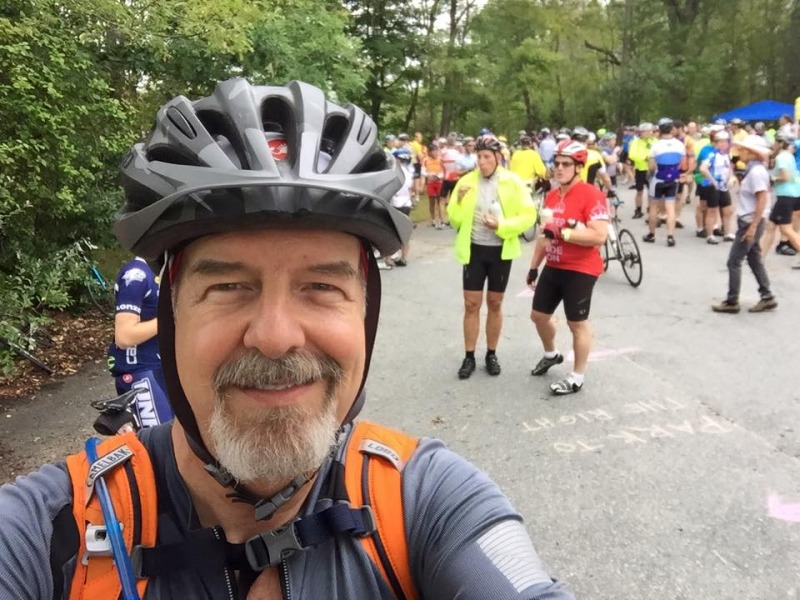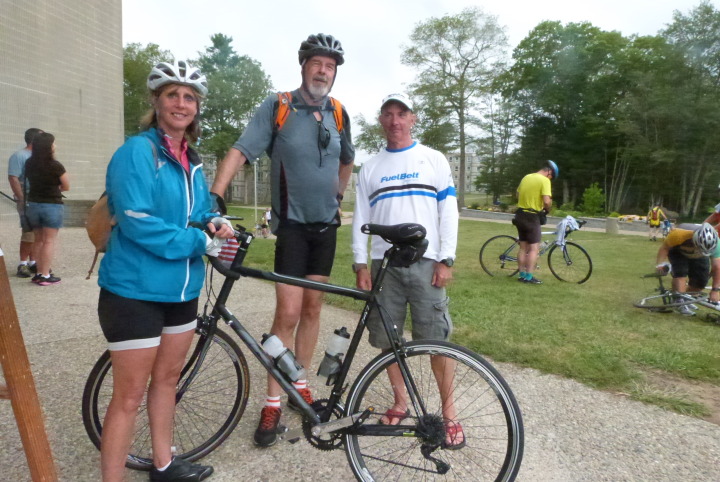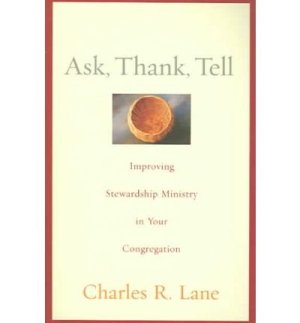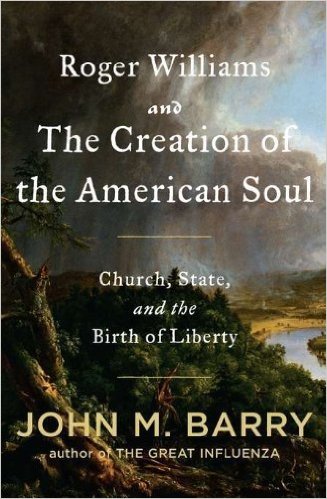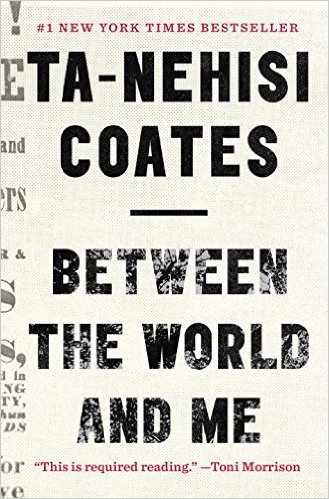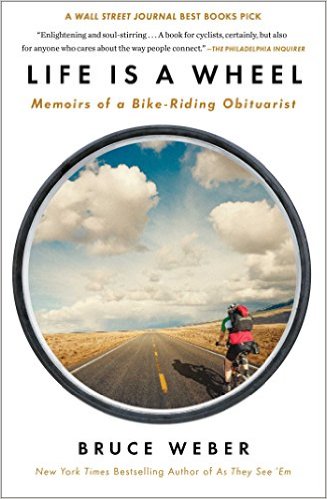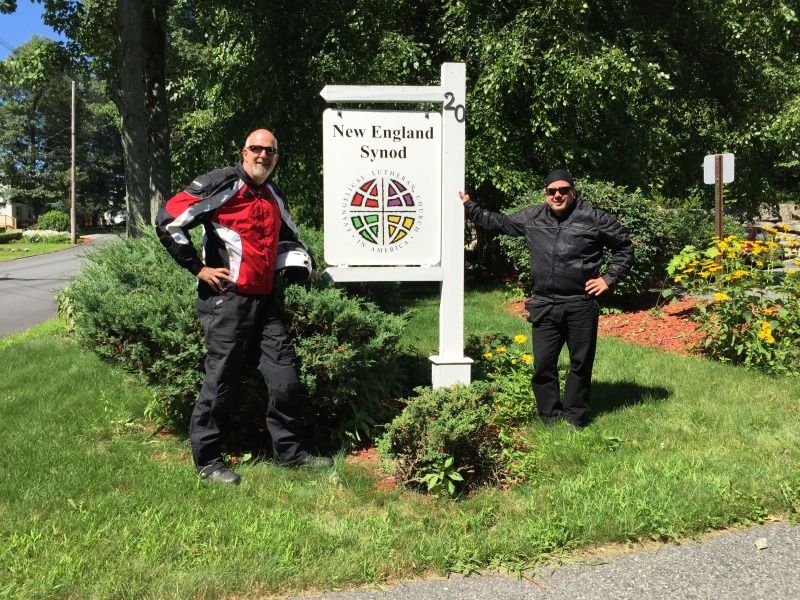Clarifications regarding the Experiment & Mission Support
OPn Feb 1, 2016, the new England Synod, along with 4 other ELCA Synods will begin a three year experiment in Mission Funding. What follows is an outline of some clarfifications about this experiment that I reviewed with our Synod Council last week.
The following is a series of statements designed to clarify, in as brief a form as possible, some understandings around the three year experiment in retaining a portion of the New England Synod financial mission support, along with related matters pertaining to Mission Development in New England.
- The Experiment proposed by the Presiding Bishop’s Task Force on Mission Support and approved by the NES Synod Assembly, the Conference of Bishop and the ELCA church council. It is a three year experiment beginning Feb 1, 2016
- It is NOT intended to be either/or experiment. In other words, it is not a proposal that we will vote on for a permanent approach to Mission support or not. It is designed to test ideas, learn from successes and failures. Most likely after three years, there will be adjustments to the approach based on what we learn.
- What is the experiment briefly? For three years the New England Synod will retain $400,000 in Mission Support that it previously passed along to the ELCA churchwide. That amount is equivalent to the amount the NES had received in the form of grants. Therefore, there is no reduction or change to the total amount of funding. It should be noted that the total amount has already been allocated to our 15 mission starts, so it should not be perceived that we now have an extra $400k to distribute. What is different is: who manages it? The basic thesis we are testing is : If the funds are managed by the synod, can there be greater efficiencies, a stronger sense of ownership by NES congregations, an increase in financial support as well as improved success rates on new starts?
- How does the Mission Development Fund (MDF) work? The MDF is a fund owned and operated by the NES for the purpose of starting new congregations. Since all new starts in the ELCA are a funding partnership of both the synod and the churchwide organization, the MDF serves as the funding source for the New England portion. For a new ministry to be eligible for ELCA funding, the synod must provide some portion of funding. The MDF has been and remains the only source of that funding.
- What is the current status of the MDF? Based on calculations done by our treasurer, the MDF is expending funds at an annual rate of $280,000 per year for the 15 new mission starts. At the current rate of expenditure, it is estimated the fund will be exhausted in three years.
- Is the fact that we are participating in the experiment the cause for the MDF to be exhausted? No, the reason the fund is on its rate of expenditure is based on actions that were approved before the experiment was approved. In other words, this would be happening regardless of our participation in the experiment.
- Can additional new starts be considered for funding by the MDF at this time? Several factors contribute to answering this question: A. If we were to fund any additional new starts, it would mean that the rate of expenditure from the MDF would increase thus shortening the life of the fund for all 15 current new starts. B. Since the NES already receives more funds from the churchwide expression of the ELCA than 85% of all ELCA synods, we currently believe that as a fairness issue to other synods, we have a responsibility to be careful stewards. i.e. Not greedy. C. We have among the most total number of new starts of any synods across the ELCA. The current focus is on insuring that these new starts have the resources to become long term sustainable ministries.
- If the synod had not approved the experiment, would anything in # 7 change? No. This was going to be the case regardless of our participation in the experiment. The simple reality of a maximum number of starts, combined with decreasing funds in the MDF would have the same result. In fact, the trajectory of the MDF’s funding trend has been pointed out in numerous synod council meetings over the past several years.
- How can the MDF of the New England Synod be increased? In the past, the primary source of the funds has been from the sale of church buildings, which congregations made legacy gifts to the MDF for the purpose of planting new congregations. Additional sources of donations have been gifts from congregations and individuals. The fund is open to receive donations/legacy gifts from congregations or individuals.
10. Is there a point in the future when additional new starts will be considered? Yes, but stating a specific date is difficult to answer. This question assumes that there is only one way to start a new mission, and that is through funding by the MDF and the ELCA. Could not an existing church or cluster of churches and dedicated individuals come together to launch a new ministry?
11. How long does it take for a new start to reach the point where it is sustainable? This depends on the kind of ministry you are talking about. Ministries in certain communities may take longer than others. Some recent examples will give you an idea. Sanctuary in Marshfield, MA became a congregation of the ELCA in May 2015. It’s Pastor Developer Mark Huber, began in 2009. That’s six years, and the church benefited from a partnership with the Methodist church. This should be considered the minimum time line it takes to establish a traditional congregation. In addition, prior to the 2009 start, five congregations had planning conversations for at least five years. That brings the total length of time to 11 years. Just for perspective. This timeline, and the total investment of dollars raises an important question about this model for church planting. Part of the experiment will be a time to explore new approaches to initiating new ministries.
Written by Bishop James Hazelwood, with Synod staff
Received by the New England Synod Council, November 21, 2015



